It is Sunday, 25 April 2021
Today is:  World Penguin Day
World Penguin Day 
World Penguin Day is a celebratory and educative initiative on April 25, that encourages people to learn more about penguins and their environment, how important they are to our ecosystems and the threats that they face.
World Penguin Day coincides with the annual northern migration of Adelie penguins. This intrinsic migration pattern is conserved across generations.
These distinctive black and white birds are highly adapted to aquatic life, their wings have evolved into flippers and their excellent swimming abilities allowing most species to dive around 200m deep, with emperor penguins even reaching depths of 500m! They’re camouflaged to protect against predators from above and below, and their glossy feathers trap air to both keep them warm and help them stay afloat.
Penguins vary quite significantly in size, from the large emperor penguin, reaching heights of over 1m, to the little blue penguin, coming in at just over 30cm tall. In ancient times there were even giant species of penguin that grew almost 2m high and weighed 80kg!
Found all over the Southern Hemisphere, from Antarctica to the Galápagos Islands, penguins are famous for their endearing waddles, their dedicated chick hatching efforts and, for those based in icy climates, their trick of huddling to stay warm. They’re even known to enjoy a spot of tobogganing, gliding on their bellies over the ice!
Native to Antarctica are six breeding species: Emperor, King, Chinstrap, Adelie, Gentoo and Macaroni penguins. Most penguins are monogamous and have distinct calls, enabling them to locate their mates in large groups. Penguin species lay up to two eggs per mating season with the Emperor and King penguins laying only one egg.
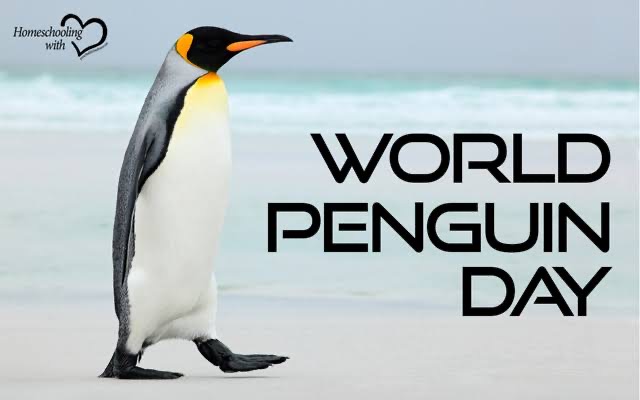
World Penguin Day takes place during the annual northern migration of Adélie penguins, a species of penguin that is native to Antarctica. Adélie penguins migrate north to have better access to food during the winter months when the sea ice expands and then, during the summer, return to the coastal beaches of Antarctica to build their nests.
This annual celebration of penguins was created at McMurdo Station, an American research center on Ross Island. Researchers noticed that the Adélie penguins began their migration around this day each year, and so they founded World Penguin Day as a way to mark the occasion and raise awareness of these creatures.
Alarmingly, of the 17 recognized living species, 11 have been listed as Vulnerable or Endangered.
Most penguin species are declining in numbers and most are vulnerable to extinction. For example, in the past 100 years, the African penguin population has declined from millions, to just 21 000 breeding pairs.
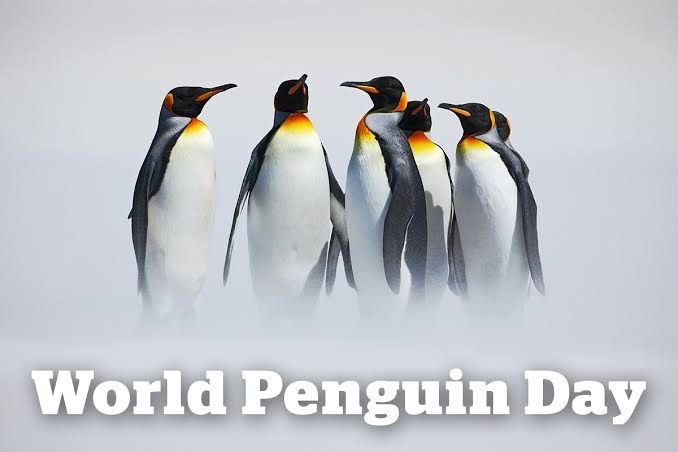
Penguins spend up to three quarters of their lives out at sea and are reliant on the oceans for food. Overfishing and pollution such as plastic and oil spills therefore pose a real threat to these birds and have contributed to decreasing populations, which in turn has a knock-on effect on the wider ecosystem. And for those species based in the Antarctic (the emperor penguin and the Adélie penguin), climate change is shrinking the sea ice, which not only impinges on their habitat but can also impact chick hatching times and the availability of food.
World Penguin Day encourages people to appreciate these amazing animals and take note of the plights they face. Penguin lovers may choose to help make a difference by working to protect the ocean, prevent pollution and tackle climate change, for example by advocating against the burning of fossil fuels.
Pollution, food scarcity, human settlements, melting ice sheets and rising sea levels are all affecting penguin colonies. Penguins are able to form new colonies, but changes as a result of human activity are happening too quickly for them to recover.
Perhaps the best “people” to save the penguins are the penguins themselves?
 Just smile and wave boys, just smile and wave!
Just smile and wave boys, just smile and wave!  And have a great Sunday!
And have a great Sunday! 

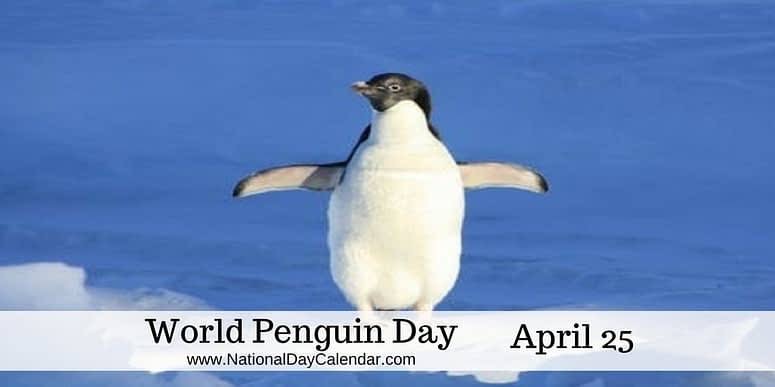
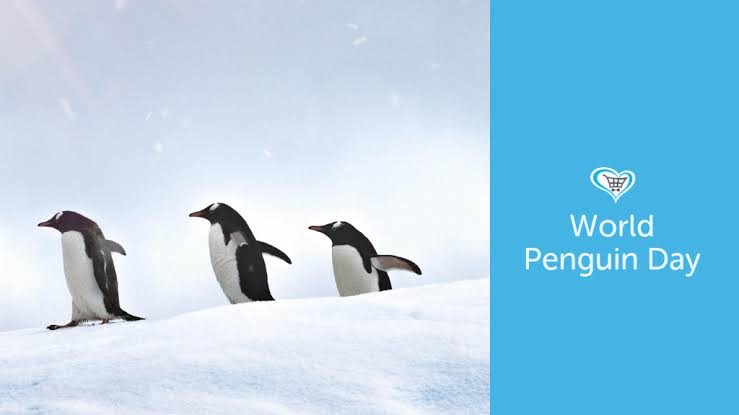

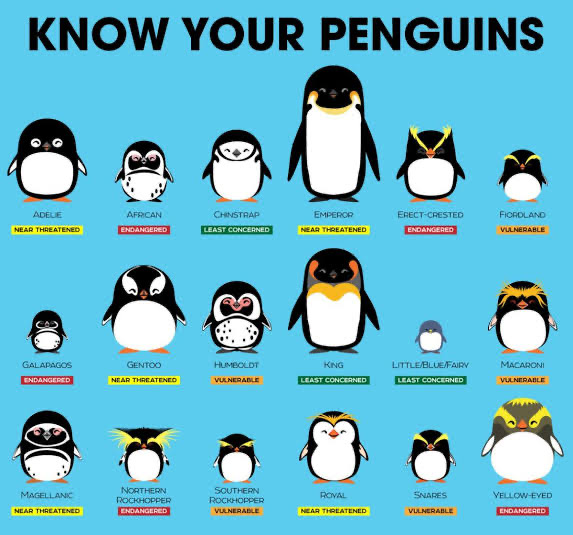

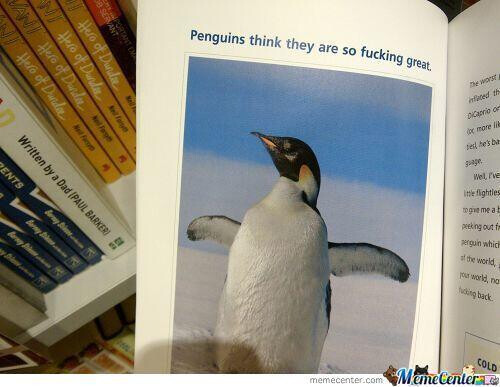









 in South Africa.
in South Africa.
















 YESSSSSS
YESSSSSS